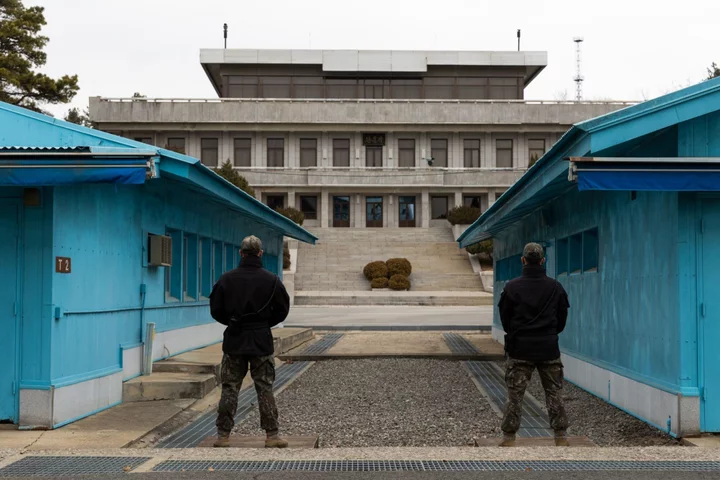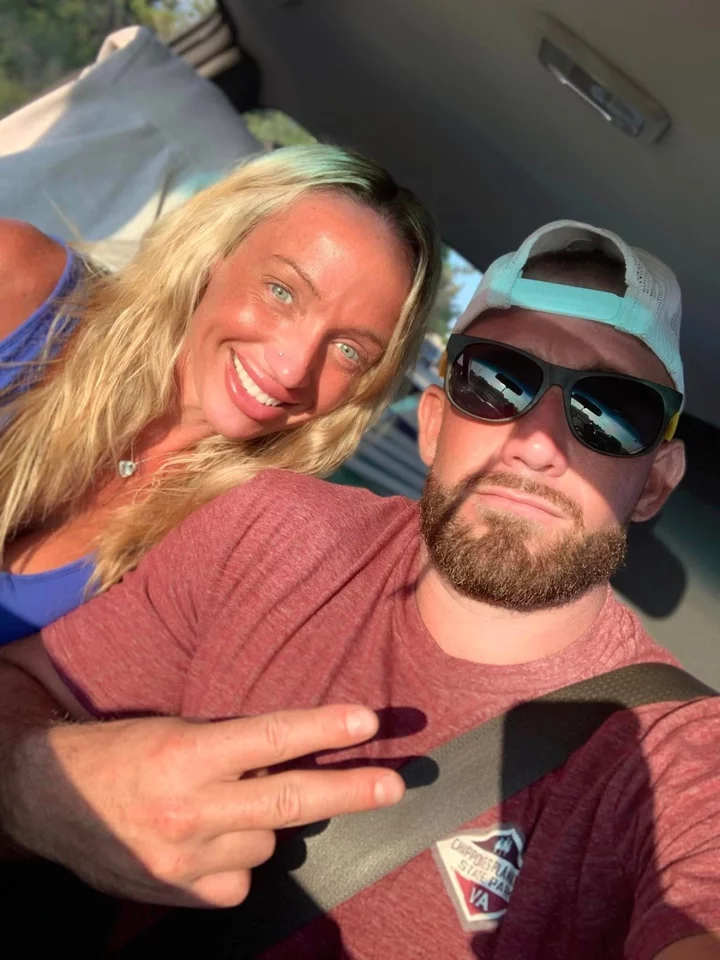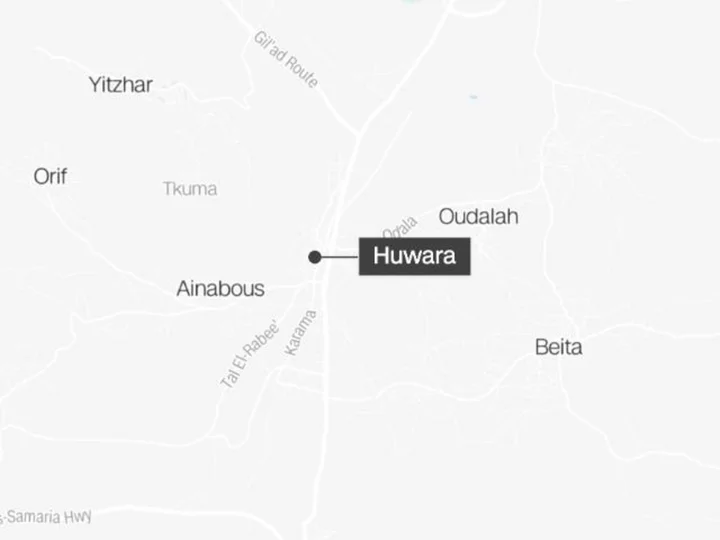The United Nations Command has started talks with North Korea’s military on the status of a US solider who crossed the border last week, a top officer told reporters in Seoul without offering further details.
It has been nearly a week since Private Second Class Travis King, 23, made the unusual crossing, with Pyongyang making no mention so far on the fate of the man it whisked away in a van surrounded by North Korean military personnel.
“The first primary concern is Private King’s welfare and the conversation has commenced with the KPA through the mechanisms of the Armistice Agreement,” Lieutenant General Andrew Harrison, the deputy commander for the UN Command said Monday, using an abbreviation for the North Korean People’s Army and referring to the cease-fire deal that ended fighting in the 1950-1953 Korean War.
“None of us know where this is going to end, so I am remaining optimistic, but I will leave that for now,” Harrison added.
King is likely facing intensive interrogation by North Korea’s security apparatus as it decides whether he is an asset worth keeping for a while, or someone with little information who may be sent back before he could become a burden on the state.
North Korea has yet to mention King in its official media and when it eventually does, it may just be a sentence or two. The case is the first unauthorized border crossing by an American during the Biden administration, which is looking at ways to engage with Pyongyang at high levels after Kim Jong Un’s regime has shunned repeated requests for talks.
King has probably been transfered to Pyongyang for questioning by a joint investigation team, according to Cho Han-bum, a senior research fellow at the Korea Institute for National Unification based in Seoul.
“They’re making political judgments,” said Cho. “They haven’t had a face-to-face negotiation with the outer world since the pandemic, so it’s going to take time to sort out their internal positions.”
Unauthorized Crossing
The USS Annapolis, a nuclear-powered Los Angeles-class fast attack submarine, arrived for a port call in the island of Jeju to replenish supplies, South Korean military officials said Monday. Last week, the city of Busan saw the first arrival in four decades of a US submarine capable of firing ballistic missiles fitted with nuclear warheads.
North Korea Tests Missiles as US Nuclear Sub Sails to South
That visit angered Pyongyang, which said it was within its rights to launch a nuclear strike to retaliate. It also complicated the case of King, an active member of the US military who walked across the border in the Panmunjom truce village that straddles the two Koreas.
His crossing is different from the approximately 20 other Americans detained by Pyongyang since the end of the 1950-1953 conflict. Those detained previously have included Christians who went there for what they saw as humanitarian reasons, university students on tours and a pair of reporters, most of whom crossed from China or were in the country for other reasons.
King, a cavalry scout in the Army since January 2021, probably was not privy to sensitive information that would be of high interest to North Korea. He was also facing expulsion from the US military after he’d been jailed for nearly two months in South Korea for assault.
Those Americans who have been held custody by North Korea have said they faced relentless questioning, intimidation and violence that pushed them to their mental breaking points as they were held in isolation.
If King actually defected to North Korea, the state would probably try to find a way to use him for propaganda. In the Cold War, it cast a handful of American soldiers who crossed over as villains in movies, often overseen by Kim Jong Il, the cinephile former leader, father of Kim Jong Un and author of On the Art of the Cinema.
Kim Jong Il also arranged the kidnapping of a top South Korean actress and director to help his movie projects.
“There’s no reason to keep Private Travis King around for a long period of time or use him for propaganda like they did during the Cold War,” said Cho. “It’s a burden to accept a political asylum, and one private doesn’t mean that much.”
(Updates with submarine visit and background.)









